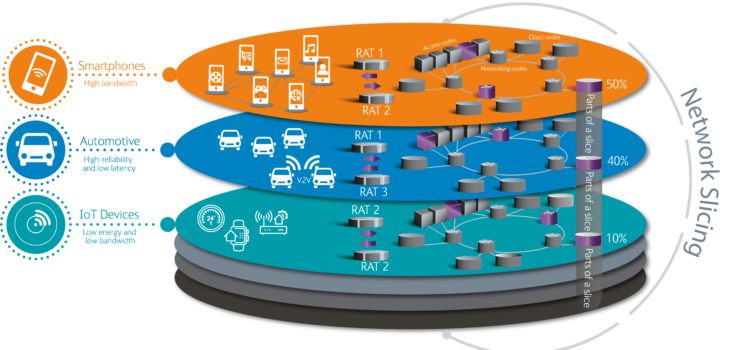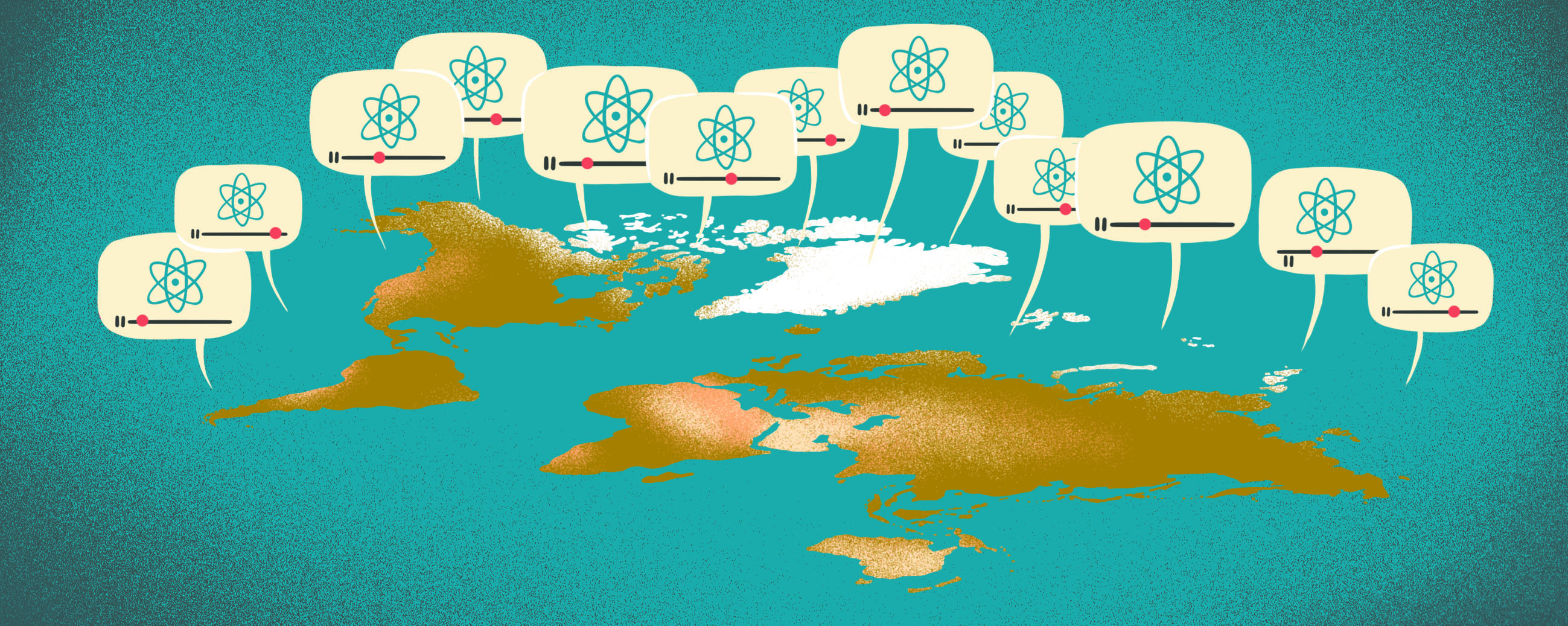- Teacher: Diana Patterson
- Teacher: Marly Sluijsmans
- Teacher: Idelfonso Tafur Monroy

Increase of awareness: Enhance understanding of diversity, inclusion, equity, and belonging in the corporate context.
Development of skills: Equip participants with practical strategies to promote inclusivity and mitigate bias.
Collaboration fostering: Encourage teamwork that values diverse perspectives to drive innovation.
Leaadership Empowerment: Enable participants to champion diversity initiatives and foster inclusive environments.
Drive accountability: Establish mechanisms to track progress and ensure commitment to diversity goals.
Learning promotion: Encourage ongoing education and dialogue to sustain a culture of inclusion
- Teacher: Amelia Pakouline Navarro
- Teacher: Diana Patterson
- Teacher: Idelfonso Tafur Monroy
- Teacher: José Luis Imaña
- Teacher: Amelia Pakouline Navarro

- Teacher: Knud Erik Skouby
- Teacher: Jannick Kirk Sørensen
- High-performance computing and computer architectures
- Performance optimization
- Numba (just in time compilation)
- Numba GPU functionality
- Other options - superficially: Cython (compiled Python via C-extensions), f2py (inclusion of Fortran code in Python)
- Parallel/distributed computing
- Theoretical aspects (Amdahl's and Gustafson-Barsis' law)
- Parallel computing on one computer
- Distributed computing across multiple computers
Welcome to Scientific Computing using Python - High Performance Computing in Python (2025)
Description
Many research projects involve scientific computing for analyzing [big] data and/or simulating complex systems. This makes it necessary have a systematic approach to obtaining well-tested and documented code. Further, we see an increased interest in reproducible research, which allows other researchers the opportunity to dig further into research results as well as easy access to results and improving productivity by reusing code and software.
This is a course in scientific computing using the popular programming language Python. Python is popular in science due to a number of advantages such as having a rich set of libraries for computing and data visualization, excellent performance-optimizing possibilities, standard tools for simple parallel computing, fast development cycle and high productivity – just to name a few. Python is open source and as such an asset for any researcher following the reproducible research paradigm.
This part of the course covers the main area: High performance computing.
High performance computing

